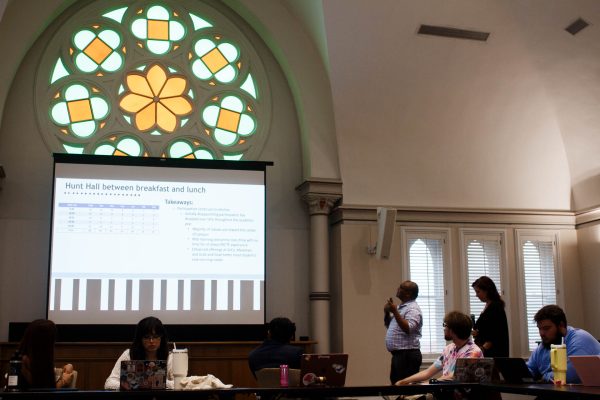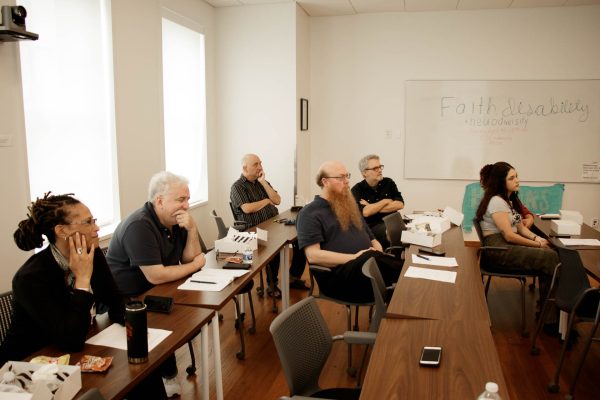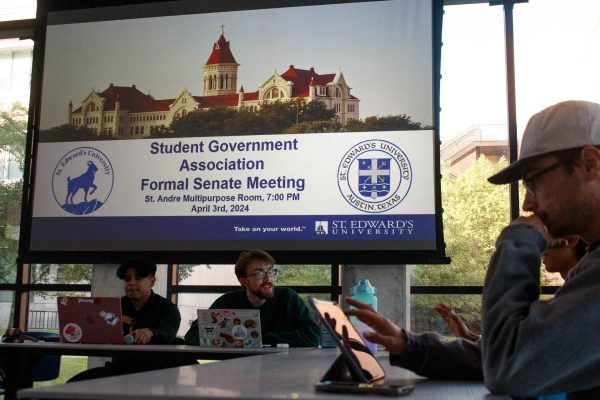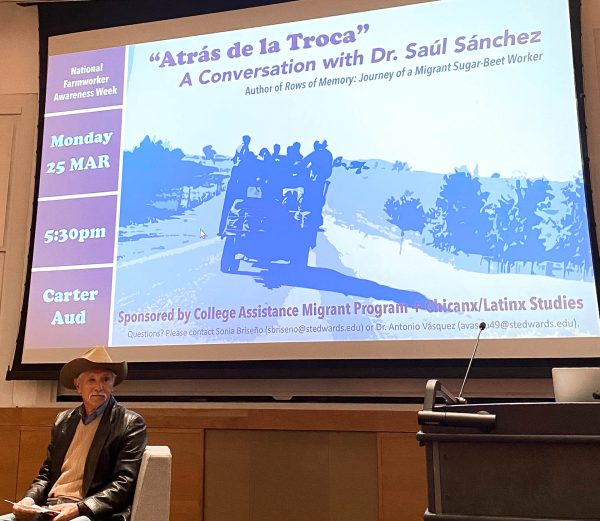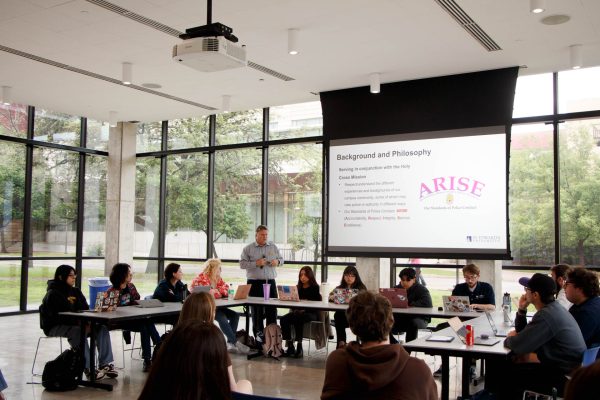Conference call discussed magnitude of U.N. Security Council
The United Nations should propose “a modest expansion” of the U.N. Security Council, according to a former Bush administration official.
Former State Department policy planning staff member and current Director for the Program on International Institutions and Global Governance for the think tank the Council on Foreign Relations Stewart Patrick spoke to St. Edward’s University on March 2 during an academic conference call.
During the conference call, sponsored by the Kozmetsky Center, Patrick discussed the rationale behind proposing U.N. Security Council enlargement. He also emphasized the importance of gaining support from the U.S. government and current Security Council nations to achieve this expansion.
Patrick said the Security Council should add more members to draw the capability of political, military, democratic and economic powers.
“To keep international politics from being less turbulent, the U.S. needs to spearhead this reform,” Patrick said.
U.S. support would require a two-thirds approval from the Senate, and, according to Patrick, support is hardly guaranteed.
“The administration needs to prepare ground with Congress at the earliest possible moment,” Patrick said. “President Obama should try to take this out of a partisan lens.”
Two-thirds approval from the U.N. General Assembly is also required to admit more members to the Security Council. The General Assembly is the only body within the United Nations that has equal representation from every member state.
Patrick said the U.S. government has concerns with enlarging the U.N. Security Council—for example, that it may become too big and too unyielding. If the council were too big, it could become difficult for the United States to marshal coalitions or block misguided measures. Patrick said membership in the Security Council should be extended to no more than six new members, bringing the total to 21, including current Security Council members.
In order for a nation to join the U.N. Security Council, Patrick believes certain criteria should be established so that “their joining would be useful.” A history of political security and good governance, a globally deployable military, the ability to contribute financially to the U.N. general fund and peacekeeping fund, the willingness to use “coercive enforcement,” and conforming with the global security mission are among the five criteria to evaluate potential members.
“Who is at the table is as important as how large it is,” Patrick said.
The U.N. Security Council has ten nonpermanent members, elected for two-year terms, and five permanent members. The permanent members include the United States, France, the United Kingdom, the Russian Federation and China. Each of the five permanent members has veto power, meaning any of the permanent members could veto a measure to enlarge the Security Council. Patrick said Britain and France would support expanding the Security Council, but China and Russia may be harder to convince.
After Patrick was finished speaking, those participating in the conference call had time for questions. Those who asked questions included students from the University of Kentucky, the University of Puget Sound and Southern Methodist University, as well as students from St. Edward’s.
“Security is a big issue … it’s scary to think that five members can have the interests of the world,” senior Rachel Michalewicz said.
Michalewicz enjoyed the conference call.
“I didn’t like it at first because you couldn’t see face-to-face, but once I got used to it, it was fine,” she said.


